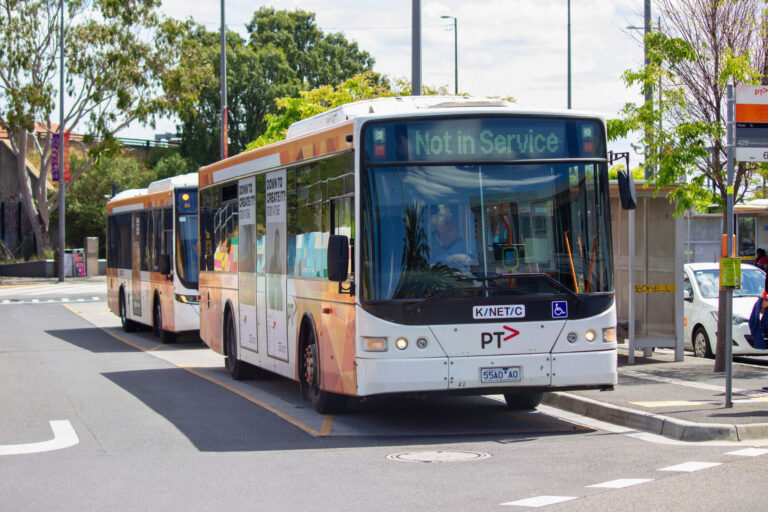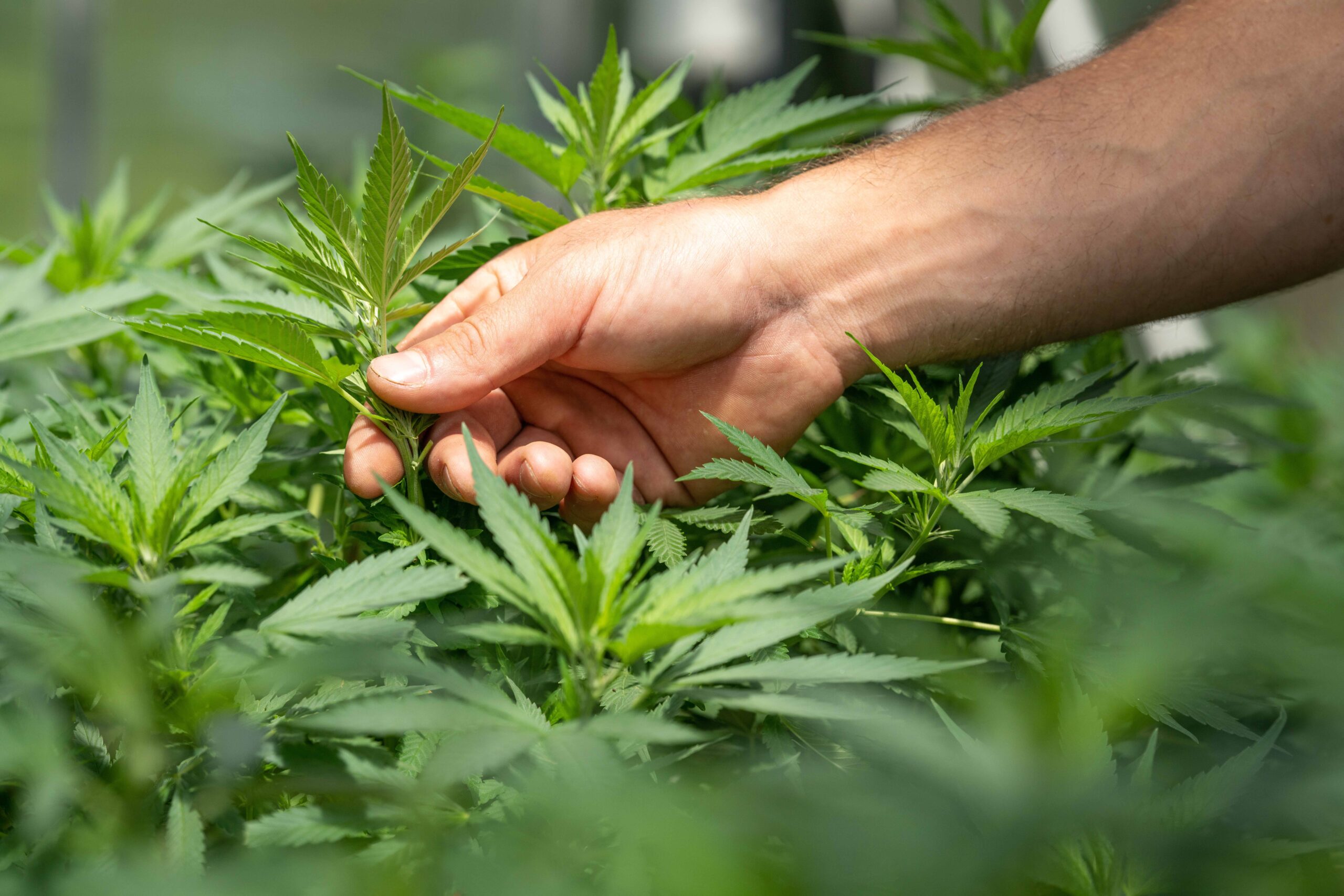LET’S SOW THE SEEDS OF VICTORIA’S FUTURE
From textiles to food, bioplastics, construction materials, and biofuel — hemp has been around for thousands of years and has been used in thousands of ways.
Fast-growing and pest-resistant, hemp also boasts some impressive environmental credentials. It’s great for carbon sequestration and can be used as a durable, non-toxic building material known as hempcrete.
Sadly, the environmental, societal, and economic benefits of this wondrous plant have been held back due to onerous regulations, which stifle investment.
With many parts of Victoria offering the ideal conditions for hemp farming and growing global interest for products made from hemp, the economic potential for hemp farming and manufacturing is seemingly exponential.
Following the findings of the Inquiry into the Industrial Hemp Industry in Victoria, which we established, there are many ways to ensure our laws better support this vital industry.
RED TAPE IS STIFLING GROWTH
In Victoria, farmers need a license to grow the plant, the application process is long and complicated and there’s a fee to pay, then crops are subjected to regular checks, and hemp products (like soap, even hemp seed biscuits) can’t be produced on farm – the crop needs to be sent to an industrial premise for processing.
Meanwhile across the world there’s a hemp renaissance with thousands of uses for this ancient crop being rediscovered – the international market for industrial hemp is projected to grow to $18.6 billion by 2027.
We lobbied hard for the state to investigate the barriers to and rewards of more hemp cultivation. Parliament’s Economy and Infrastructure Committee did this, and late 2023 the Inquiry into the Industrial Hemp Industry in Victoria report was released.
It recommended a raft of changes, including standalone industrial hemp legislation (hemp-specific laws) to make it easier for to grow crops. Victoria, unlike most other states, does not have standalone legislation. Not surprisingly, the state only has six hemp licence holders and much of what we produce is sent overseas for processing.
In May, we introduced an Industrial Hemp Bill to parliament calling for a standalone act, and other changes like streamlining of licenses, and an adjustment to allow on-farm processing.

Ahead of the bill debate, we held a hemp showcase in the parliament building so ministers, MPs and their staff could see, touch and smell a range of useful (and beautiful) hemp products – clothes, shoes, hemp seed foods, soaps, shampoos and building materials like wall panelling and super strong hempcrete beams. They loved it and spoke about our showcase during the bill debate.

The government wanted more time to officially respond to the report, so we didn’t ask the Upper House to vote on our bill at the time. Then in June, the government came back. It gave ‘in principle’ support to six of the nine proposals in the report, including standalone hemp legislation — ‘in principle’ support means the government is still thinking how it could introduce these, but the minister did promise to fully implement two recommendations.
The government has directed Agriculture Victoria to streamline the licensing process and its defined hemp products as part of the rural sector to goods can be produced on-farm — great news for cottage industries. It means famers can value add to their crop on-farm and walk away with more cash in their pocket.
Legalise Cannabis are now pushing for the government to provide funding to set up a hemp processing co-operative in Victoria. How great would it be if communities that once relied on native timber logging could set up hemp processing hubs in a hemp co-operative? Hemp building products could be used in the construction of new homes, easing the housing crisis and the co-op would create jobs and financial stability for the former logging communities of eastern Victoria, as industrial hemp is another chip and pulp industry.
And we’ll keep asking the Victorian Government to lobby the Federal Government to support a national hemp industry, including changes for whole plant use, so hemp farmers can extract any medicinal cannabidiol and sell it.
Thanks to the tireless advocacy of Victorian hemp growers during
this campaign, we now have the chance to change the law and
build a nation leading hemp industry.
Related Resources
> 02/05/23 Media Release: From concrete to cars, hemp is the future
> 03/05/23 Motion for an Inquiry into Industrial Hemp (Rachel Payne)
> The motion has passed – so what happens next? An explainer by Rachel Payne


